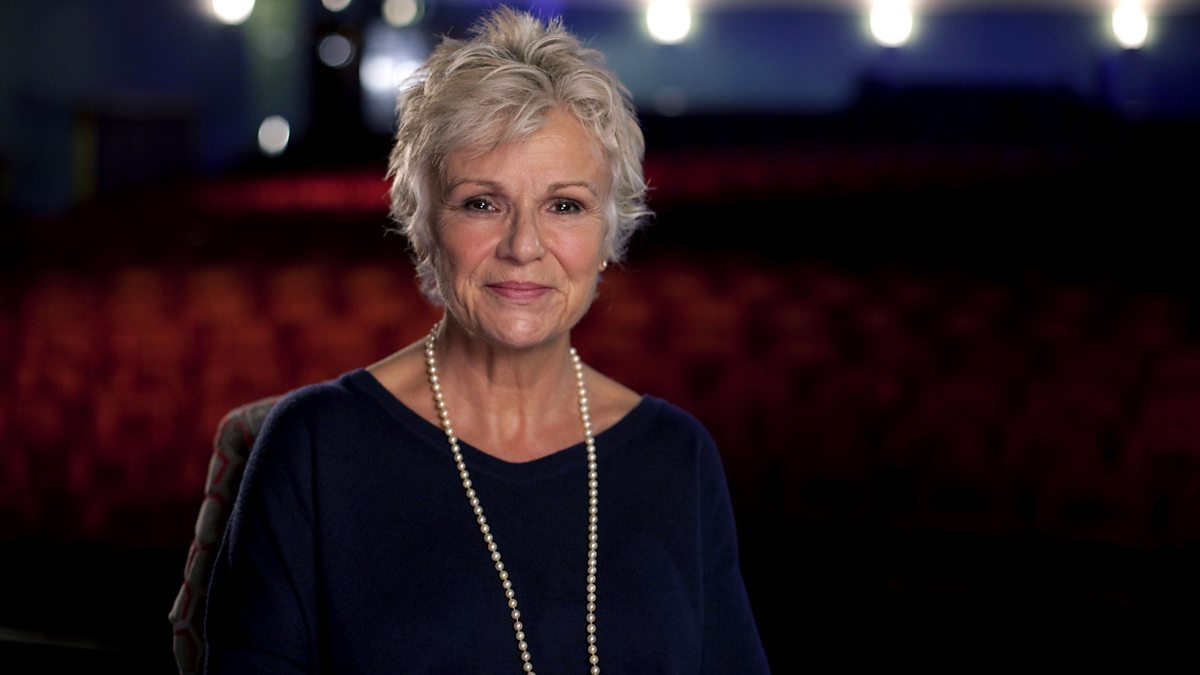Whilst male actors often have no issues finding work later in life, actresses are rarely afforded the same luxury. Arts writer, Aneeka Hussain, investigates the intersection between ageism and sexism in the film industry.
The clock is ticking. You’re getting older and suddenly childhood is a fleeting moment far behind you. You reassure yourself that it’s okay to age ‘gracefully’. However, for those in the public eye it’s a completely different matter, especially for actresses who have to deal with the constant misogyny of the male gaze. They must endure worldwide criticism of their appearance as it has become an expected component of their job. When they are considered ‘too old’ to play the heroine, they must silently distance themselves from the big screen; after all, it appears that an actress’ on-screen success equates only to how desirable she can appear.
The trope of the middle-aged bachelor falling in love with a visibly younger woman— a.k.a. the ‘cool girl’ – has become one we know all too well. The refreshing, younger woman transforms him into a new man. She does his laundry for him, she cleans the lad pad and makes him breakfast—she’s the trophy wife he so desperately needs. He’s too interesting and misunderstood to be considered old. His every mistake is justified because he’s battling with his own demons. It’s okay for him to be spontaneous, to seek fun but most importantly, to be free. The man’s ability to speak openly and freely is a privilege taken away from several actresses, in the roles they play and in real life. The younger woman is solely viewed as his achievement rather than an individual in her own right. Her presence in the story is only vital because it elevates the man’s position.
The men that undertake the role of the adventurous and mysterious hero have permission to grow old. Yet, the woman they fall in love with must be considerably younger in order for the movie to be successful.
We’ve all probably had the misfortune of coming across a real-life version of Daniel Cleaver at some point or the other. The ones who get away with being the dashing, eligible, young bachelor. It’s become a common occurrence to see men pampered in their childhood, first by their mother and later by their wife. They’re never told that they have to be mature, which slowly leads to the rise of the ‘manbaby’. This is why we’re still forced to endure the repetitive storyline where middle-aged actors play the cool, hip protagonist, who most definitely will end up with the love of their life. Whereas as soon as a woman hits the age of 40, her roles are immediately restricted to that of a mother. Her Bond days are over but the old man’s are only just starting. Movies like Bridget Jones’ Diary clearly display the female protagonist struggling to be taken seriously. This is because she’s single. To add further spice to the dinner party gossip, she’s considered too old to still be single. The men that undertake the role of the adventurous and mysterious hero have permission to grow old. Yet, the woman they fall in love with must be considerably younger in order for the movie to be successful. This has become a norm in the industry and says volumes about society’s acceptance towards men with such low prospects.
By holding different rules for single men and women, we are perpetuating damaging notions about age and acceptance. This reveals the suffocating reality of ageism. It is often overlooked and viewed simply as a side-effect of being in an industry that pays close attention to every physical alteration. As women start getting older, their opportunity’s significantly narrow. This clearly highlights that as a society, we have very narrow personalities if we can so easily dismiss their high level of expertise. Sadly this has become an everyday experience for many actresses. Especially after having children, they are often made to feel that their career must take a backseat. When they should be supported in the same way as men, they are instead turned away from roles that they would be perfect for.
What about the experienced actresses though? Actresses like Julie Walters are forgotten because they no longer fit the ideal of the ‘cool girl’.
One thing that everyone does agree on is Morgan Freeman’s apparent immunity to the aging process. His vast experience makes him an excellent actor who has successfully stood the test of time. Similarly, Sir Ian McKellen has shown there’s nothing he can’t do – be that onstage or onscreen. What about the experienced actresses though? Actresses like Julie Walters are forgotten because they no longer fit the ideal of the ‘cool girl’. Despite her being a professional in her field, she is not regarded with the same esteem as her male counterparts. The film industry severely lacks in writing the same varying roles for women as they seem to have no problem doing for men.
Clearly, it’s time to stop contributing to the spread of manbabies and ensure that everyone is given equal opportunities regardless of age. We should view actors and actresses in the same light by examining their talent rather than categorising them by age and appearance. There are different rules for casting men and women which must be undermined to ensure that there is fair representation of both.
Aneeka Hussain
(Image courtesy of BBC)

